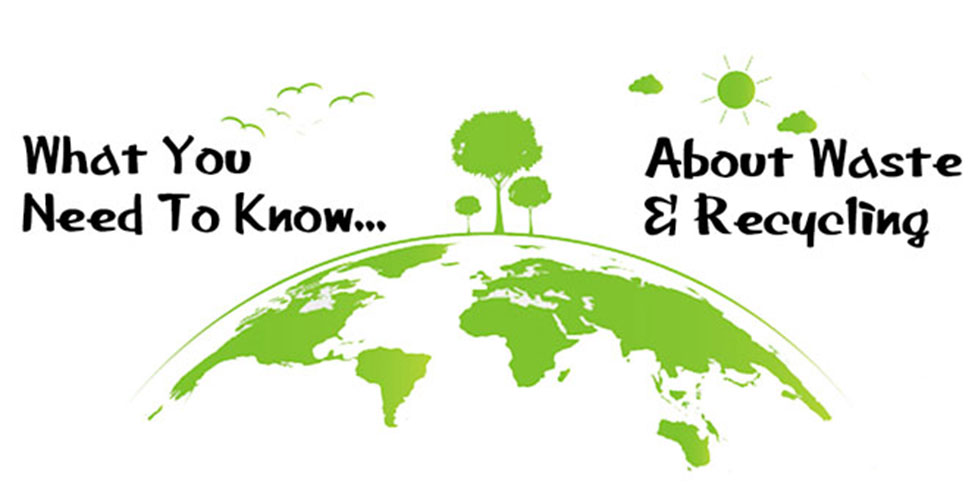Plastic is one of the most popular and useful materials of modern times – we now use about 20 times more plastic than we did 50 years ago. Its popularity and widespread use is why handling it responsibly and correctly once it becomes waste is so vitally important with 99% of all UK local authorities now offering collection facilities for plastic bottles either through household recycling collections or at designated recycling centres.
By optimising the lifespan of plastics by re-using and recycling items as many times as possible, for example, recycling plastic bottles into new ones, we can reduce our need to create new plastic. Mixed plastics packaging such as trays, tubs, pots and films can also be mechanically recycled with 79% of councils currently collecting other rigid packaging such as pots, tubs and trays in household recycling collections, which is both economically and environmentally effective to do so.
By recycling plastics, we can conserve non-renewable fossil fuels like oil, reduce the consumption of energy used in the production of new plastic, reduce the amount of solid waste going to landfill and reduce emission of gases like carbon dioxide into the atmosphere. However, currently most plastics isn’t recycled with a lot of it ending up in landfill where it reportedly takes up to 1,000 years to decompose.


